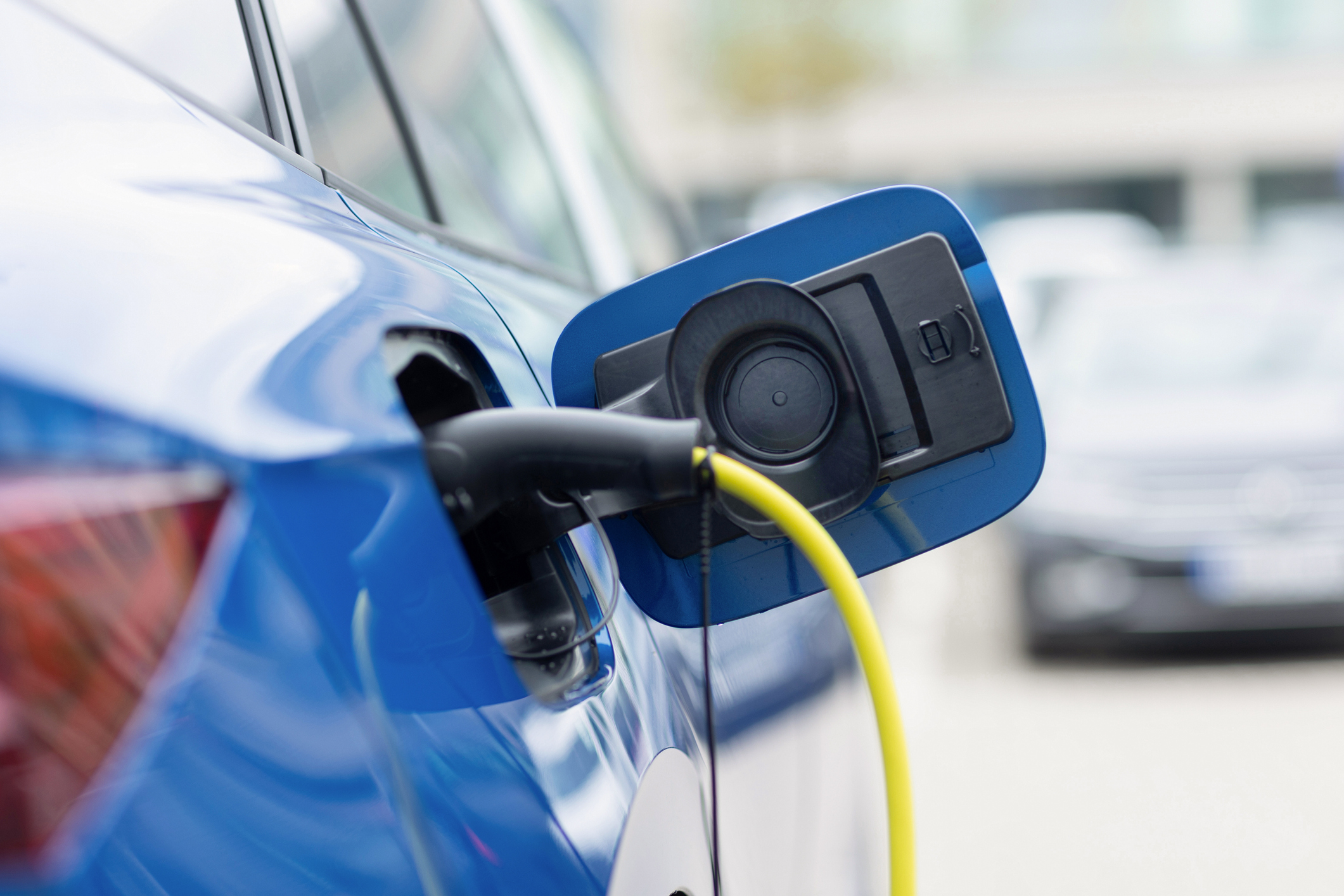What You Need to Know About Electric Vehicles

Before buying an electric vehicle, it’s important to do your research. There are three common types, each offering unique benefits and factors you should consider when choosing which is right for you.
Hybrid vehicles
These use both an electric and gasoline engine but run solely on gas. An electric motor powers the vehicle at low speeds and when idle, and the gas motor takes over at higher speeds. The gas motor also recharges the batteries alongside a regenerative braking system. Hybrids often get double the typical fuel mileage of similar-sized, gas-powered vehicles.
Plug-in electric hybrid vehicles (PHEVs)
These use both gas- and electric-powered motors. Their electric motors can be used for daily commutes, and when the battery power is exhausted, the gas motor takes over. These vehicles can avoid burning any fuel if used for smaller commutes and plugged in every night.
Electric vehicles (EVs)
These are powered solely on electricity with a much larger battery set than hybrids or PHEVs. Modern EVs have quite a good range, like what you would find in most vehicles now (averaging 400km per charge in many cases). Since these vehicles are 100% electric, they don’t have a gas-powered engine to fall back on.
In many cases, when purchasing a new electric vehicle, the extra initial cost might offset the potential fuel savings. Savings typically begin once the vehicle is paid for, or if the vehicle is used and purchased outright, depending on the terms. Every vehicle will present its opportunities and drawbacks, so it’s important to learn as much as possible before making a purchase.
When you're ready, visit your branch or lender to discuss vehicle loan options.


